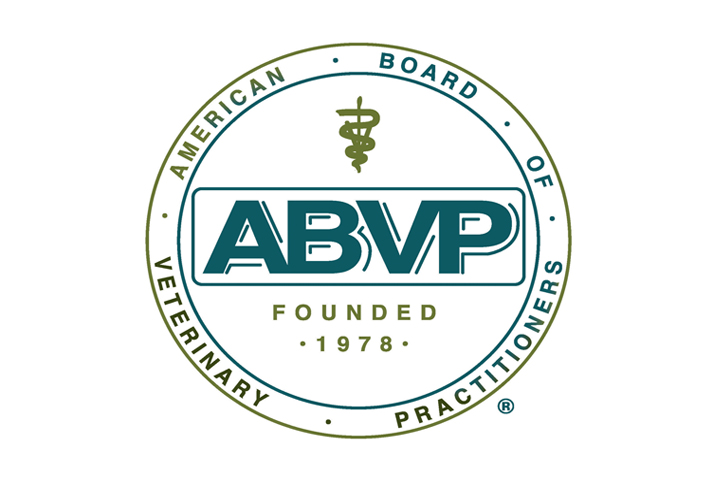November marked the 20th Conference of the American Board of Veterinary Practitioners in New Orleans. The focus of the exotics program (Avian, Exotic Companion Mammal and Reptile/Amphibian) was Evidence Based Medicine, and how we can critically evaluate information sources. This is of special importance in exotic medicine, which despite advances, lags behind other traditional pet species. One entire presentation focused on critical evaluation of drug dosages published in exotic animal formularies. Most dosages from these sources are anecdotally-derived only, with very few pharmacokinetic or efficacy studies. This is especially concerning when we learn that existing pharmacokinetics show differences in how parrots metabolize the same drug. So a drug dosage found to be useful in one type of parrot may not be useful in another.Other presentations focused on how to interpret current information on hot topics such as E. cuniculi in rabbits, the use of GnRH agonists in various exotics and diagnose of liver disease in birds using so called "liver enzymes" (not a good idea by the way!). Consider ABVP in 2016 in San Antonio October 6-9th for CE for canine/feline/shelter medicin/exotic species and more . Check out www.abvp.com for more details.
From the ABVP website:
"ABVP certifies veterinary practitioners with exceptional knowledge, skill, and competency in the care of the total patient. ABVP Diplomates are certified in clinical practice for the species in which certification is granted. Clinical practice, as it pertains to veterinarians, is the art and science of applying medical knowledge to animals for their care and the alleviation and prevention of their diseases.
Most veterinarians performing broad-based clinical practice are not board certified. The ABVP board certified veterinarian has demonstrated they are capable of providing a level of clinical practice that is clearly superior to the norm of the profession."

